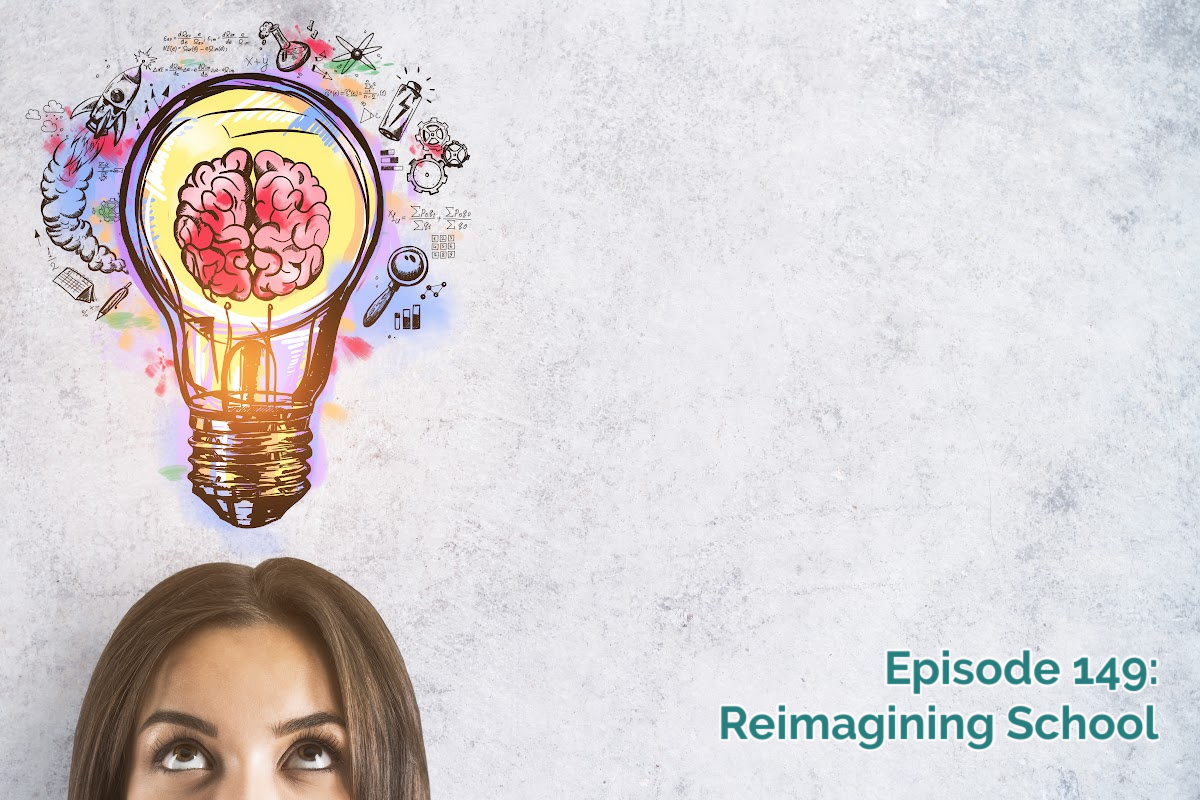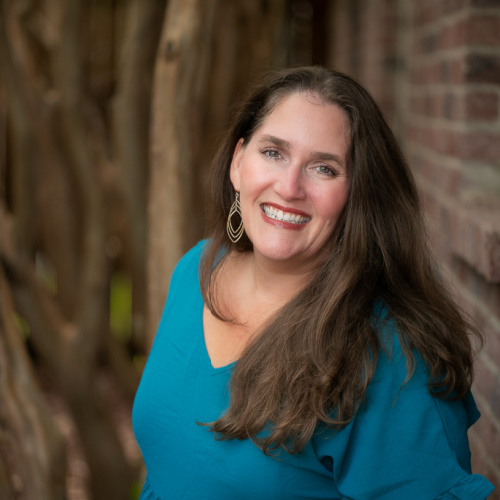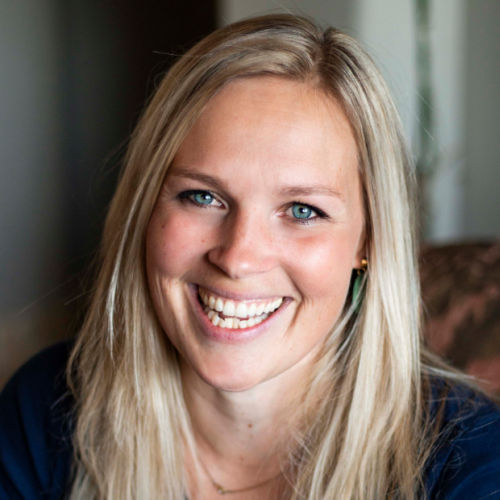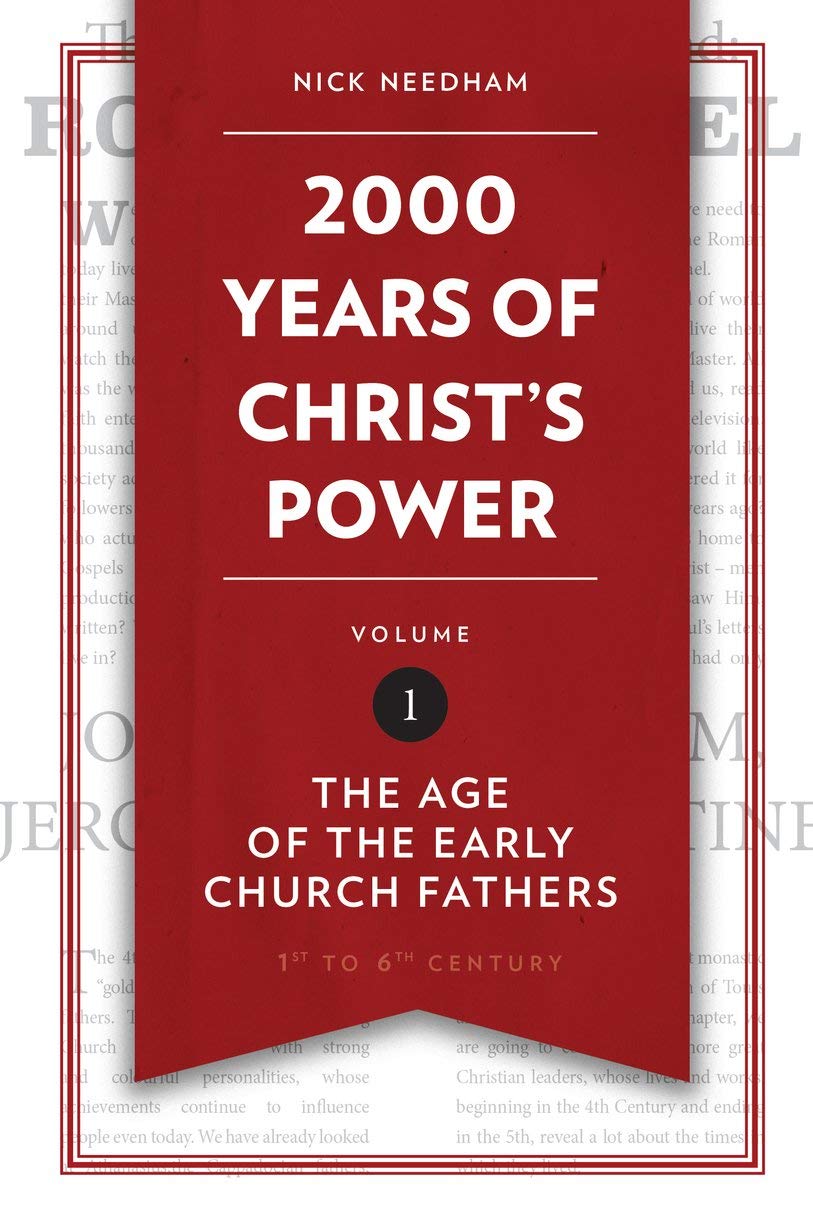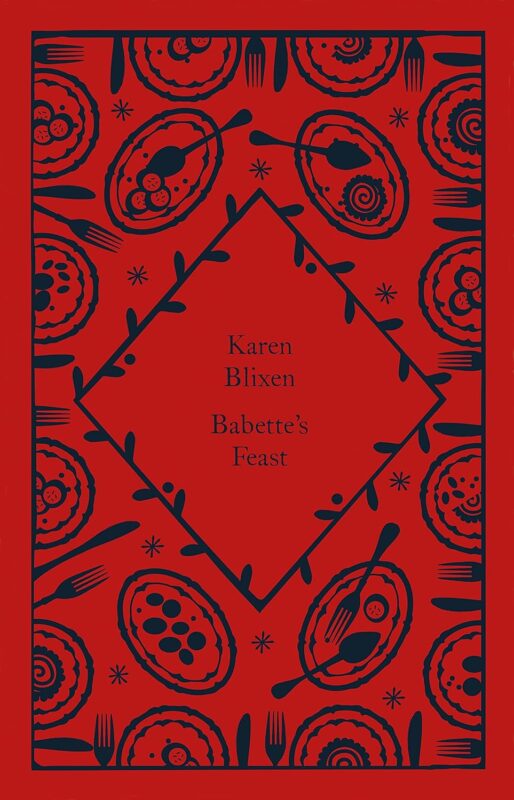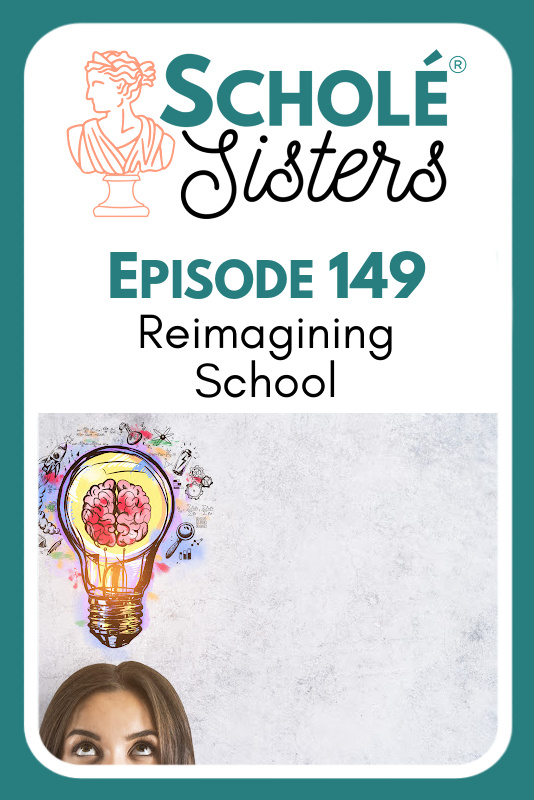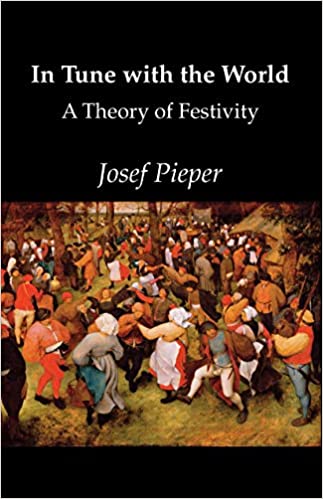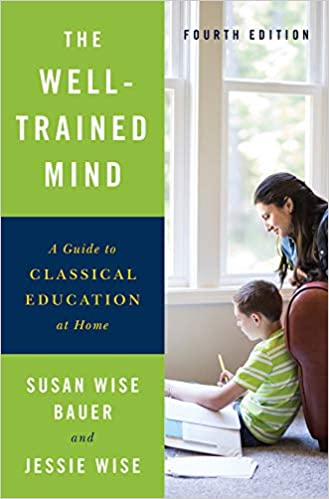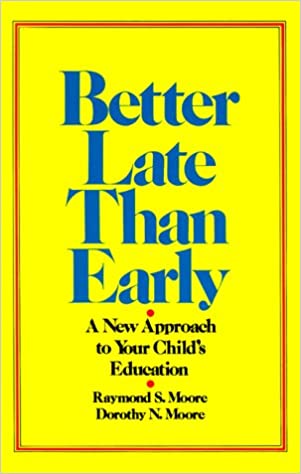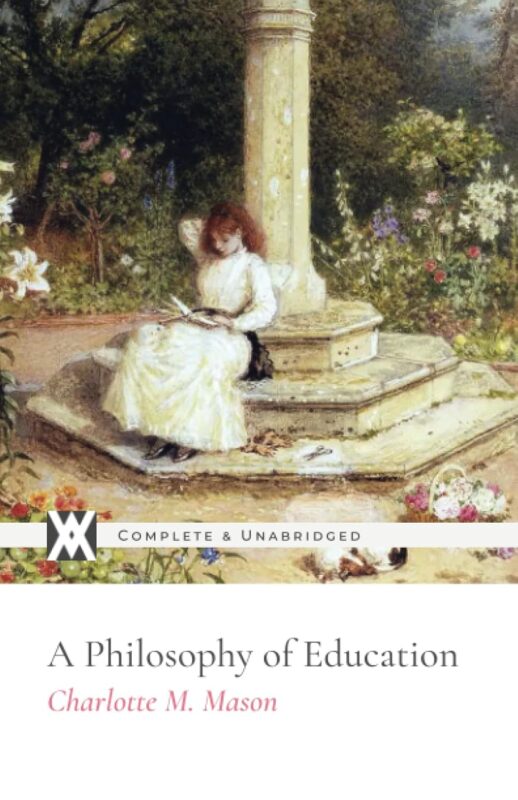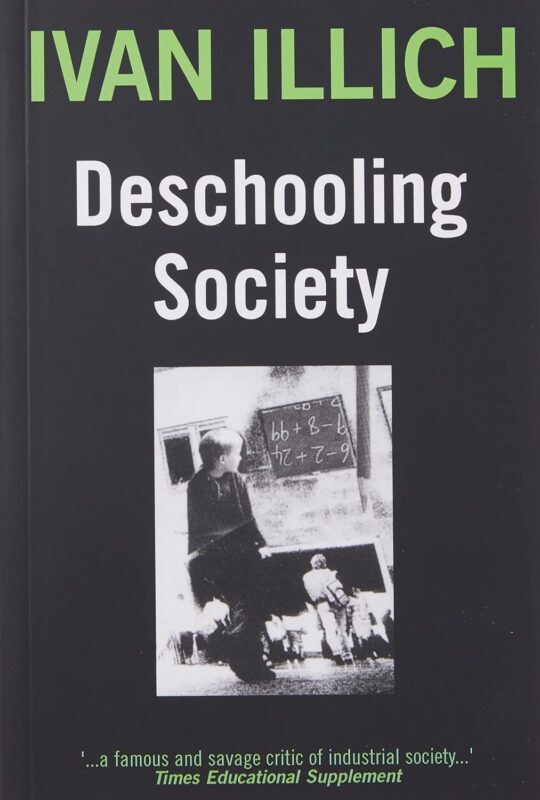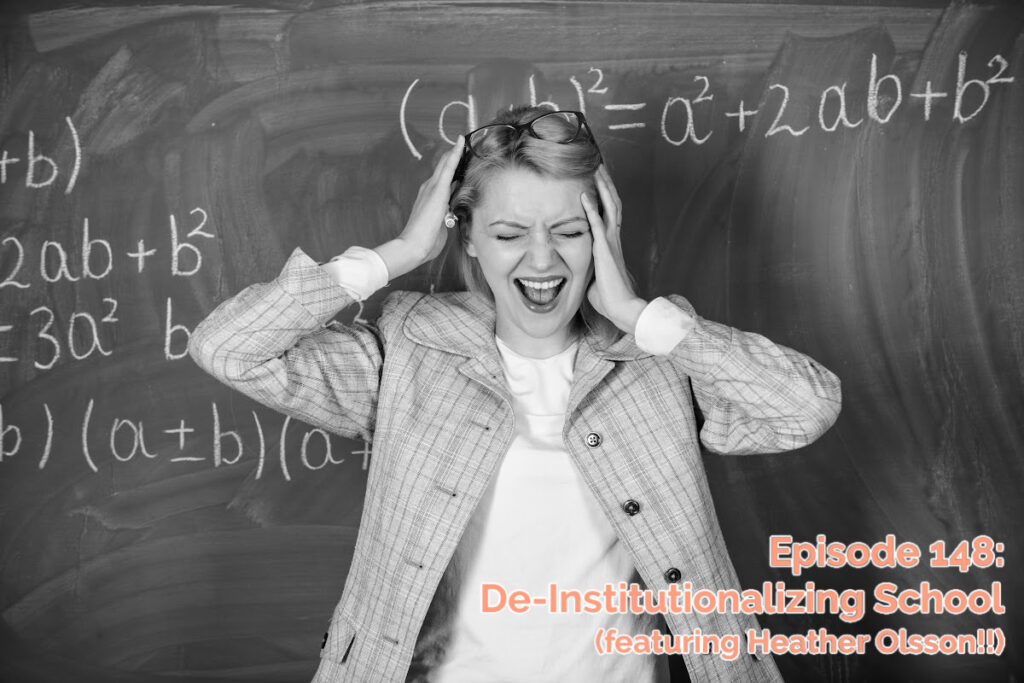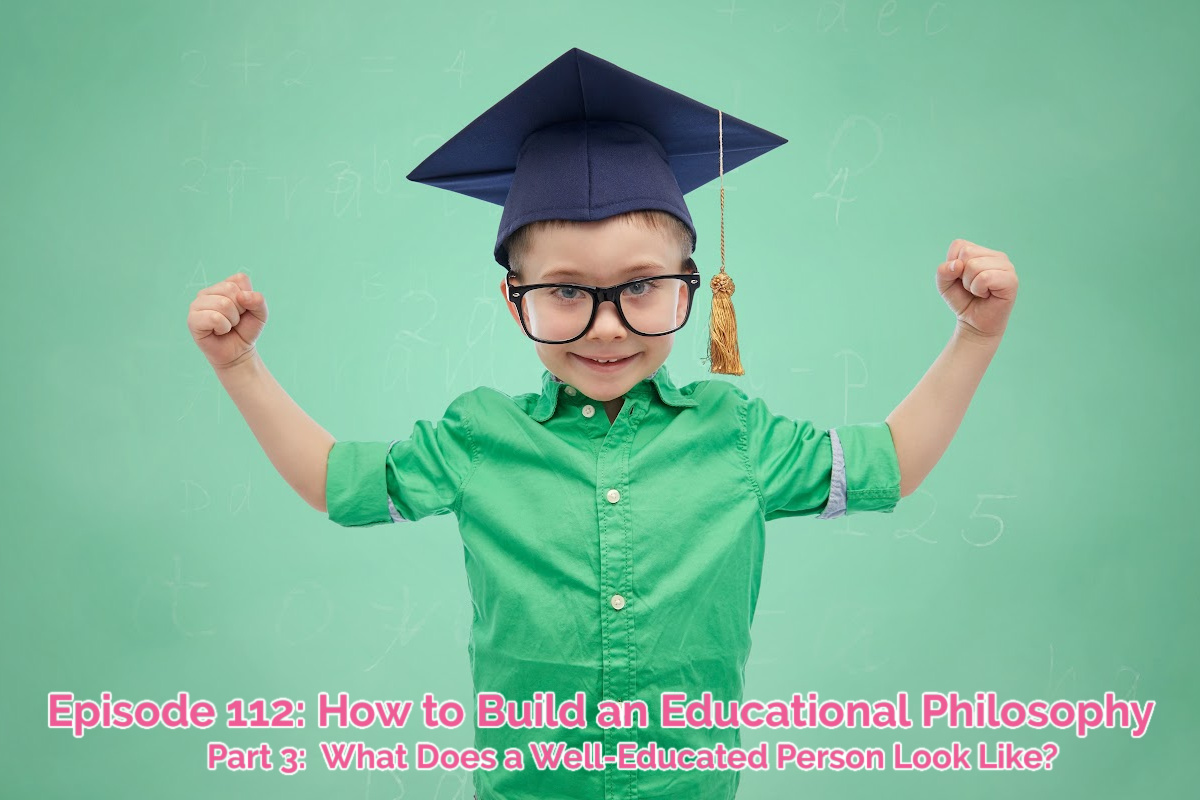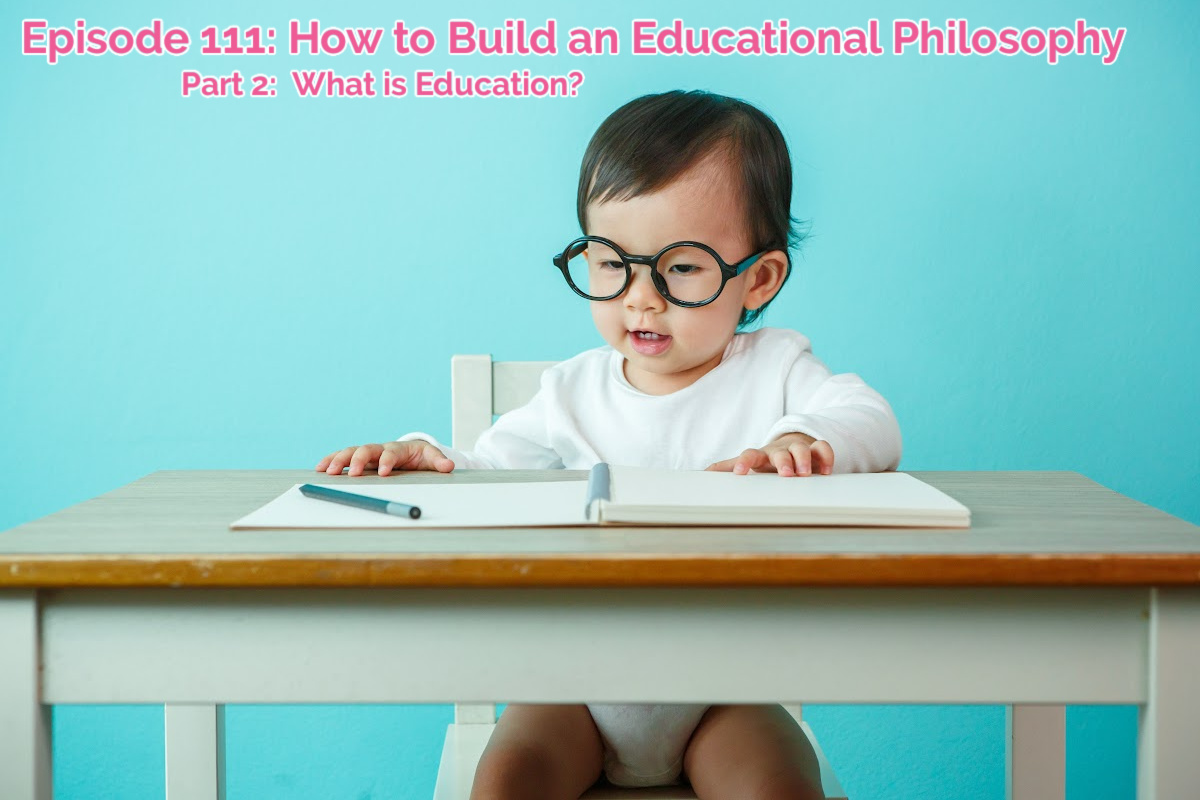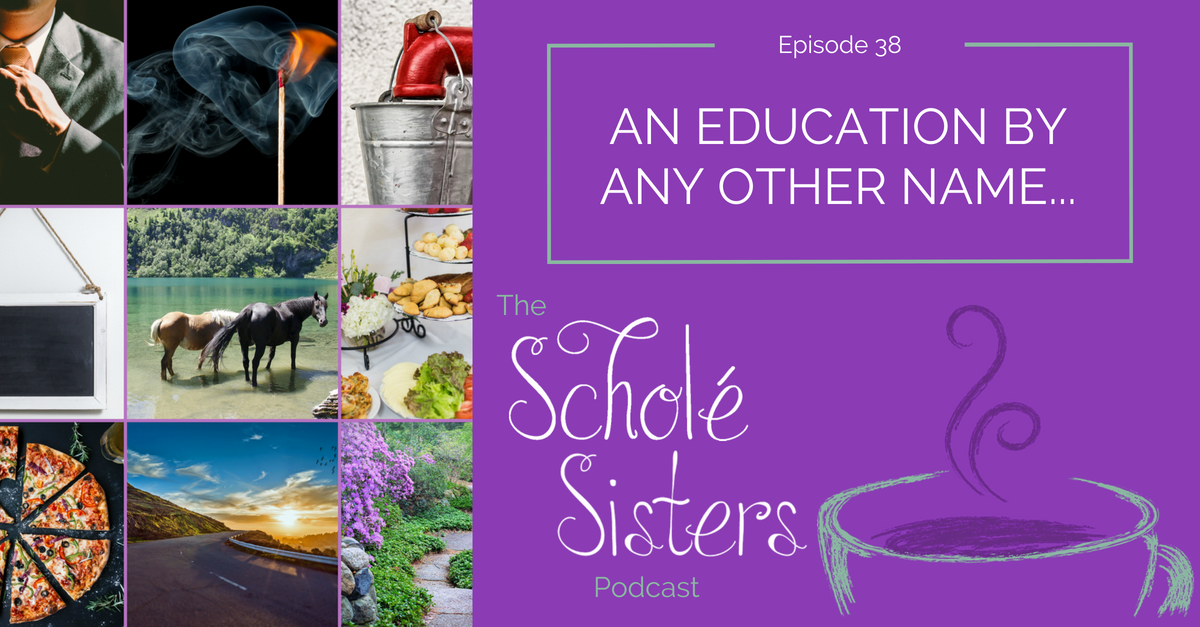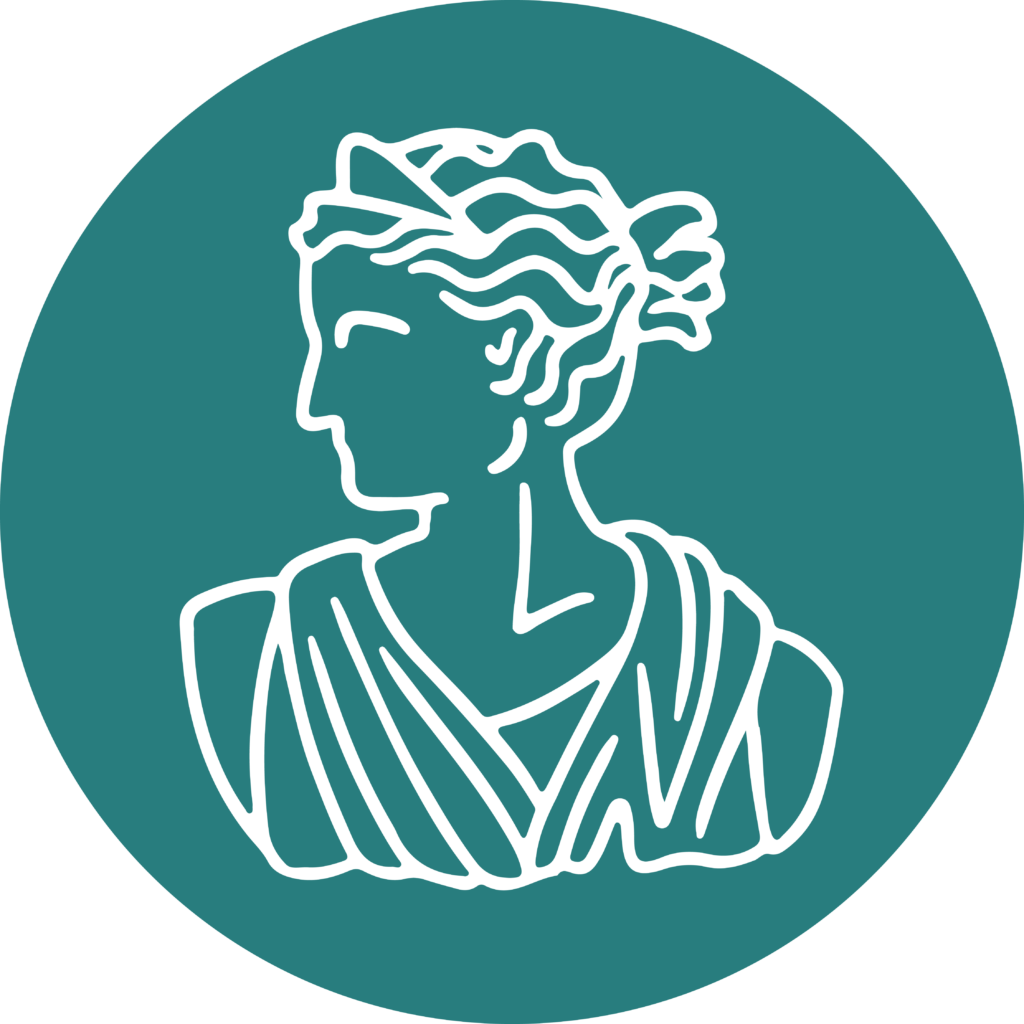SS#149: Reimagining School
This episode is just a soapbox for Mystie, who is convinced that the next evolution in classical education is to deinstitutionalize education,
Education shapes not only the minds of individuals but also the culture of entire societies. For decades, institutionalized education has dominated the landscape, with public and private schools adhering to rigid structures.
These schools operate on assumptions about age-specific classes, standardized curriculums, and the necessity of full-time attendance. Yet, many parents and educators are beginning to question whether this model truly serves the goals of learning, human flourishing, and independence.
A New Kind of School
Today’s Hosts
“Homeschoolers can help move the ball forward in the recovery of classical education.”
Mystie Winckler
Scholé Every Day: What We’re Reading
2000 Years of Christ’s Power, Nick Needham
Mystie is rereading this church history set with another student.
A Tale of Two Cities, Charles Dickens
Abby shares another book she’s reading with her high school lit class.
Babette’s Feast, Karen Blixen
Brandy is enjoying this short story and its implications about life and festivity.
Rethinking Education
Homeschooling and classical education offer a compelling alternative to conventional progressive schools. By breaking away from institutional norms, these approaches provide a more efficient, intentional, and family-centered way to educate children. They not only reject the inefficiencies of traditional schooling but also prioritize the development of critical thinkers, self-managers, and lifelong learners.
The Problem with Institutional Education
Institutional education wastes time. Schools fill hours with activities designed more to manage crowds than to teach effectively. In many cases, children spend far more time on tasks like learning to read or practicing math than they would need in a homeschool setting.
For example, homeschooling parents often teach reading in 10 to 12 minutes a day, three times a week. Meanwhile, schools dedicate 90 minutes daily to the same task, often with less success. Why? Managing large groups, enforcing conformity, and navigating bureaucracy consume enormous amounts of time and energy.
This inefficiency stems from the very structure of schools. Schools divide students by age, not by ability or interest. They schedule learning in predetermined blocks of time rather than allowing for natural pacing or mastery of material. Teachers spend much of their time managing behavior rather than fostering deep understanding. These structures reflect the priorities of institutional systems, not the needs of individual learners.
Even the progressive educational philosophies that shaped modern schools exacerbate these issues. Figures like John Dewey intentionally designed the school system to diminish parental influence and instill collective societal values.
Dewey advocated for full-time schooling beginning at an early age to ensure children spent most of their waking hours in institutional care rather than under the guidance of their families. This approach aimed to create a compliant, uniform society rather than fostering independent, creative thinkers.
Homeschooling: Freedom to Rethink
Homeschooling disrupts these institutional patterns. Parents who homeschool can design an education tailored to their children’s needs, interests, and abilities. They can teach subjects at the right pace for each child, focusing on mastery rather than meeting arbitrary deadlines. They can also create a family-centered lifestyle that prioritizes relationships and shared values over external expectations.
Flexibility stands out as one of homeschooling’s greatest strengths. Homeschooling parents can implement new ideas and methods immediately without navigating the layers of bureaucracy that bog down traditional schools.
For example, if a parent discovers a better way to teach math, they can begin using it on Monday. If a child needs extra time to understand a concept, the parent can adjust the schedule without pressure from external systems.
Homeschooling also avoids the time-wasting inefficiencies of institutional schools. Without the distractions of managing large groups, children can focus on their work and complete it more quickly. This efficiency leaves time for creative pursuits, outdoor play, family projects, and other activities that enrich a child’s development.
Classical Education: A Return to Timeless Principles
Classical education provides a robust framework for homeschooling families. Rooted in the traditions of Western civilization, classical education emphasizes the pursuit of truth, goodness, and beauty. It seeks to cultivate wisdom and virtue, not just impart information or prepare students for standardized tests.
Unlike modern education, classical education does not treat children as blank slates to be filled with information. Instead, it recognizes the importance of training both the mind and the soul. Classical education introduces children to great literature, history, philosophy, and science, inviting them into the “Great Conversation” of ideas that have shaped human thought for centuries.
Classical education also emphasizes the stages of learning. In the grammar stage, young children absorb foundational knowledge through memorization and exploration. In the logic stage, middle schoolers learn to reason and analyze information critically. Finally, in the rhetoric stage, high schoolers develop the skills to articulate their ideas persuasively and thoughtfully.
By focusing on these stages, classical education aligns with the natural development of children’s minds. It avoids the pressure to introduce formal academics too early, which has become common in institutional settings.
For example, classical educators often delay formal instruction until children reach age seven, recognizing that play and exploration better serve younger children than rigid academics.
Preparing Children for Independence
One of the greatest gifts parents can give their children is the ability to manage their own time and responsibilities. Homeschooling fosters this independence in ways institutional schools often fail to do. In traditional schools, students follow tightly controlled schedules. Teachers tell them what to do and when to do it. They rarely develop the skills to prioritize tasks, manage time, or set their own goals.
Homeschooling parents, by contrast, can gradually give their children more control over their schedules. In high school, for example, students can receive a list of weekly assignments and a planner.
They must decide how to structure their days to complete the work on time. This approach mirrors the skills adults need in the real world, whether in managing a household, pursuing higher education, or running a business.
Children educated in this way become independent thinkers and self-starters. They know how to plan, prioritize, and problem-solve because they have practiced these skills throughout their education.
By the time they reach adulthood, they can step confidently into leadership roles or entrepreneurial ventures without needing someone to tell them what to do.
The Danger of Replicating the System
Families that choose homeschooling must resist the temptation to replicate institutional systems at home. Homeschooling offers the freedom to rethink education entirely, yet many families fall into the trap of trying to recreate a school environment. They adhere to rigid schedules, adopt standardized curriculums, and even prioritize teacher credentials over actual learning.
This tendency reflects the lingering influence of institutionalized education. Many parents grew up in traditional schools and struggle to imagine anything different. They equate schooling with learning and assume that following the system’s rules ensures success. Yet, homeschooling families must remember they left a system, not just a curriculum. They have the opportunity—and the responsibility—to design an education that aligns with their goals and values.
Education for Free People
At its core, homeschooling and classical education promote the ideals of freedom and human dignity. They reject the dehumanizing tendencies of bureaucracy and conformity.
They place relationships, individuality, and truth at the center of learning. They prepare children not just to succeed in the workforce but to live as free, thoughtful, and virtuous individuals.
Parents who homeschool embrace the responsibility of shaping their children’s minds and hearts. They recognize that education is not just about checking boxes or earning credentials. It is about nurturing the whole person and equipping them for a lifetime of learning and service.
The choice to homeschool and pursue classical education may seem countercultural, even radical. Yet, it reflects a deep commitment to something greater than the status quo. It represents a vision for education that prioritizes humanity over institutions and timeless principles over fleeting trends.
In a world that increasingly values efficiency and standardization, homeschooling and classical education stand as beacons of hope for those who dare to imagine a better way.
Mentioned in the Episode
Listen to related episodes:
SS #148: De-Institutionalizing School (with Heather Olsson!!)
SS #112 – What is an educated person?
SS #111 – What is education?
SS #38: An Education by Any Other Name…
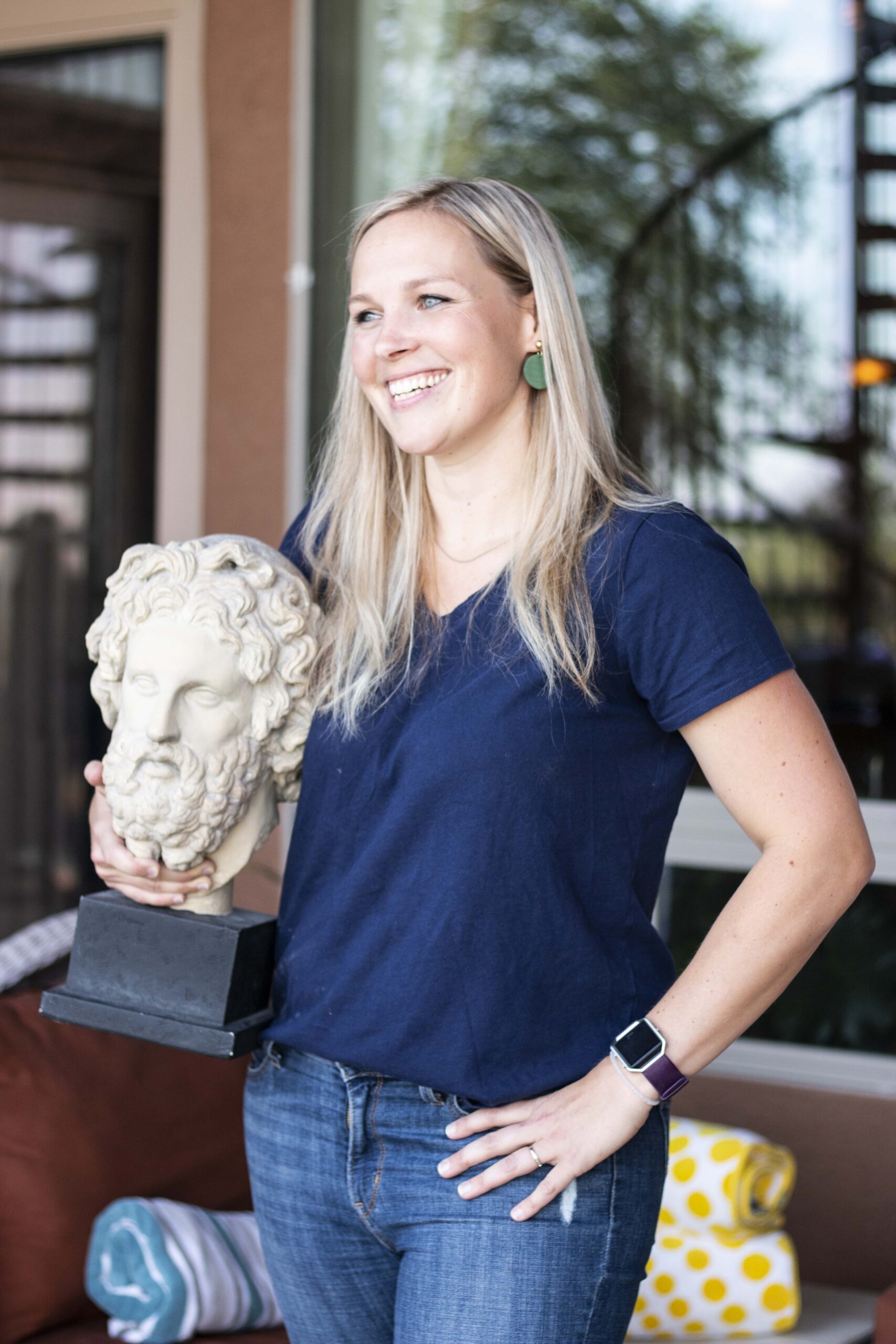
Be a part of the conversation!
Discuss this podcast with other moms inside Sistership.

